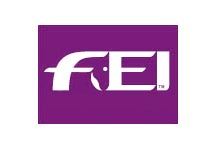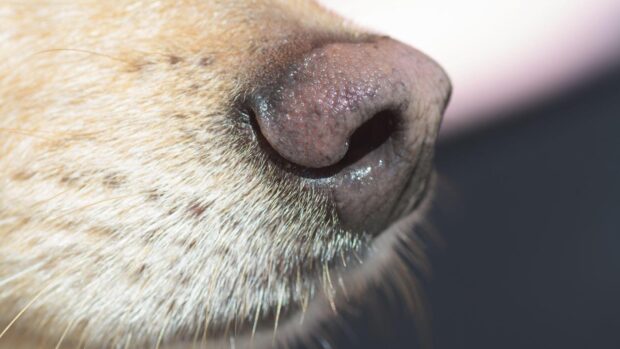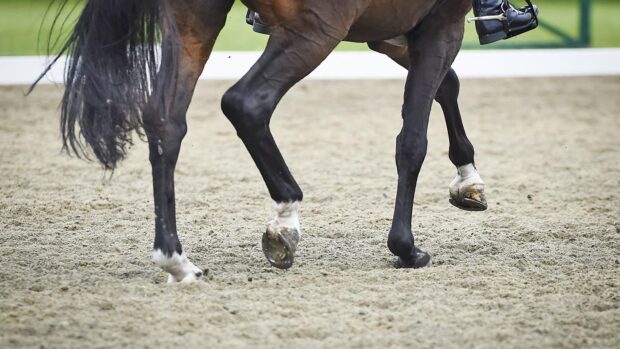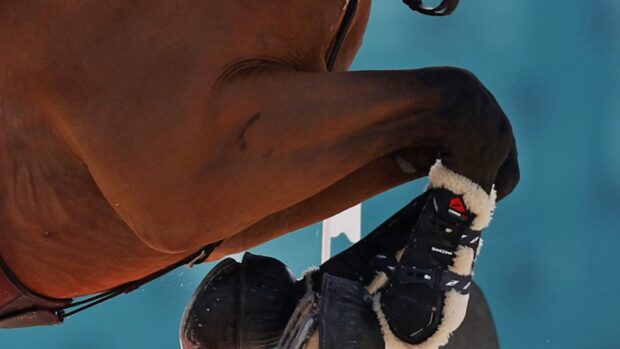Recommendations for the biggest ever shake up of horse sport were unveiled in London today.
An independent “integrity unit”, professionalisation of horse sport, a review of anti-doping testing and procedures and vastly increased stable security at competition venues are key points from a series of recommendations to combat doping in horse sport — and ensure its future.
The recommendations were announced by Lord Stevens, the former chief of the Metropoliton Police, who was appointed by the International Equestrian Federation (FEI) in May to investigate doping practices in equestrian sport.
Lord Steven’s appointment followed not only the six positive dope test at last year’s Olympics, but in response to the crisis in Germany when the equestrian federation sacked its entire team.
Lord Stevens and his commission panel members Ken Lalo, David O’Connor and John Roche, hope the recommendations will not only stamp out doping — but protect riders and their horses.
“Our overriding aim is to protect the integrity of riders and the welfare of horses,” said Lord Stevens.
“The changes are the biggest that have ever taken place in the history of horse sport — and we intend to take them through.”
Listen to interview with Lord Stevens
The recommendations include:
- Clearly defining “doping” — a performance enhancing drug, and establishing a clear line between trace amounts and doping levels
- Speeding up the disciplinary process from positive test to decision
- Establishing medication log books for horses — as are currently used in horse racing
- Streamlining, and simplifying of rule books concerning doping
- Creating a list of substances that can be tested for out of competition
- Including red cards, in addition to yellow cards, that can be given to a wider list of individuals at events deemed to bring the sport into disrepute
- Tightening security at stables during competition
- Widening the scope of the “person responsible” for a positive dope test, to include any individual accredited at a competition, connected to the horse in question.
The recommendations — and a time frame and funding for their implementation — will be put forward to the FEI bureau before the General Assembly in November.
Download PDF of the recommendations in full
For full reaction and further details, see 10 September issue of H&H.



